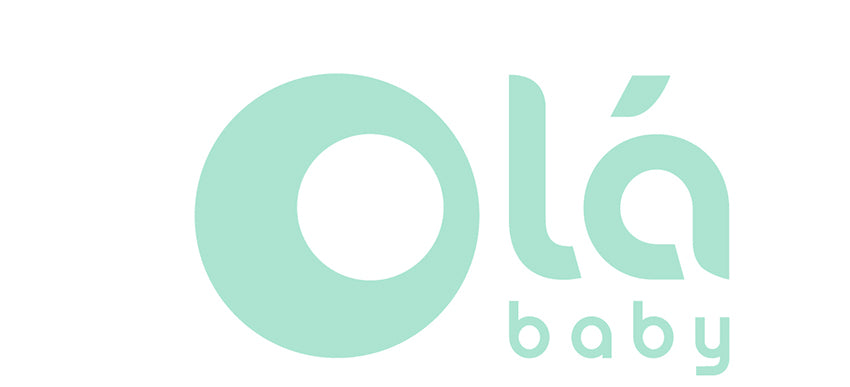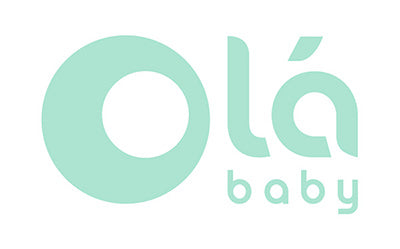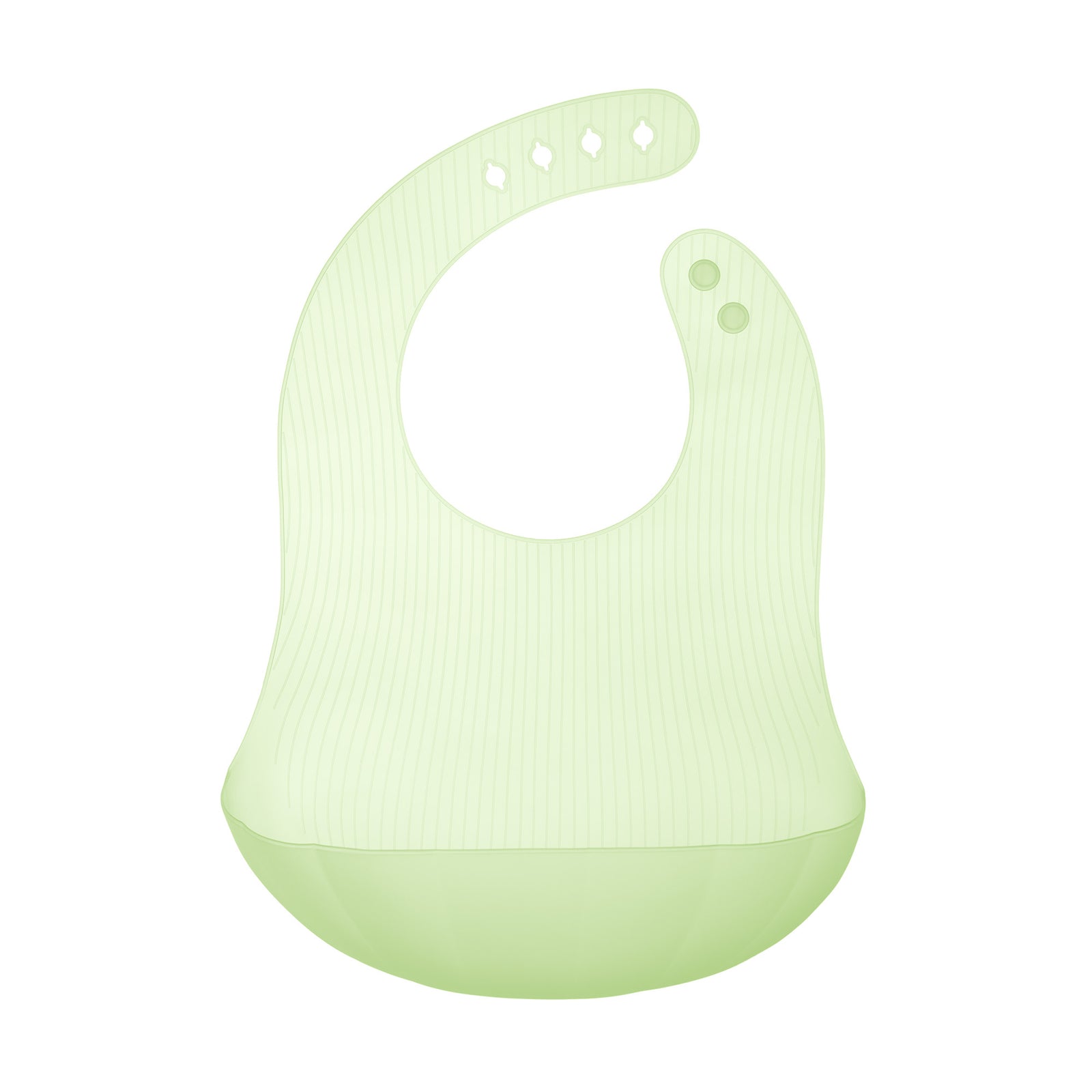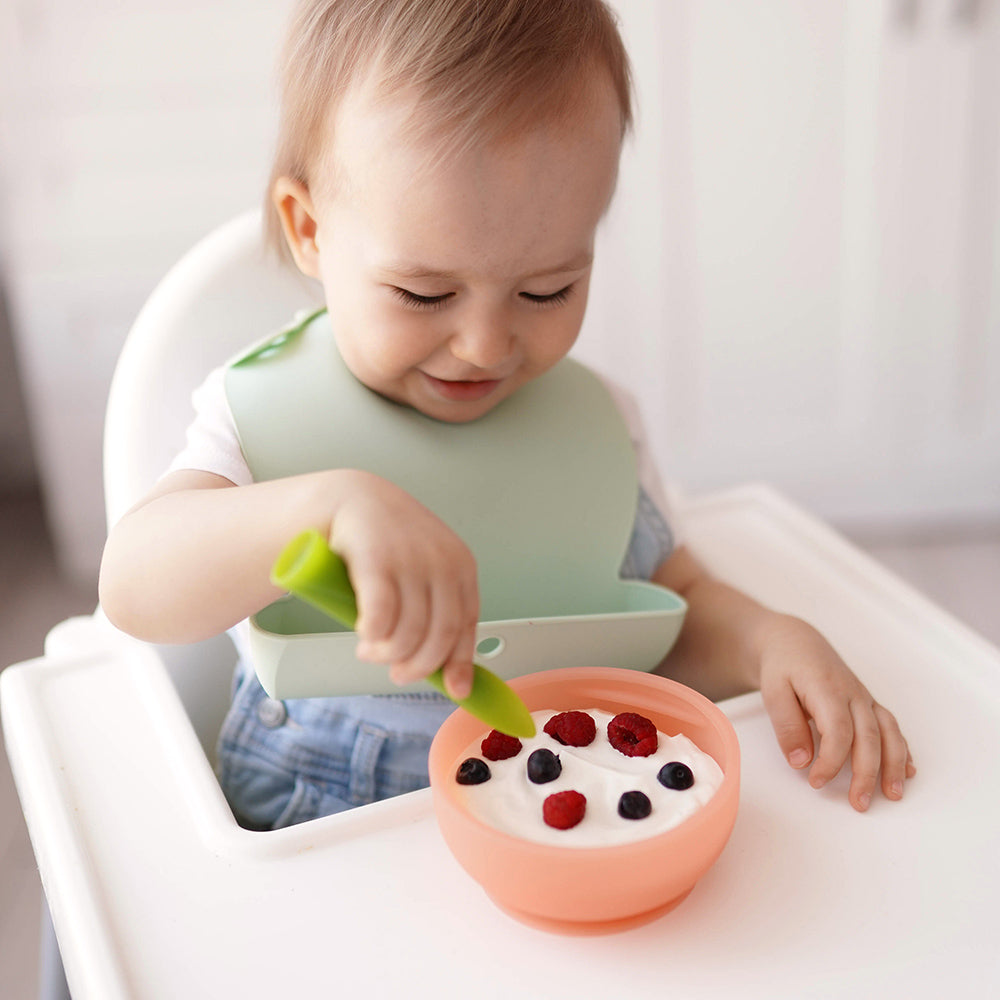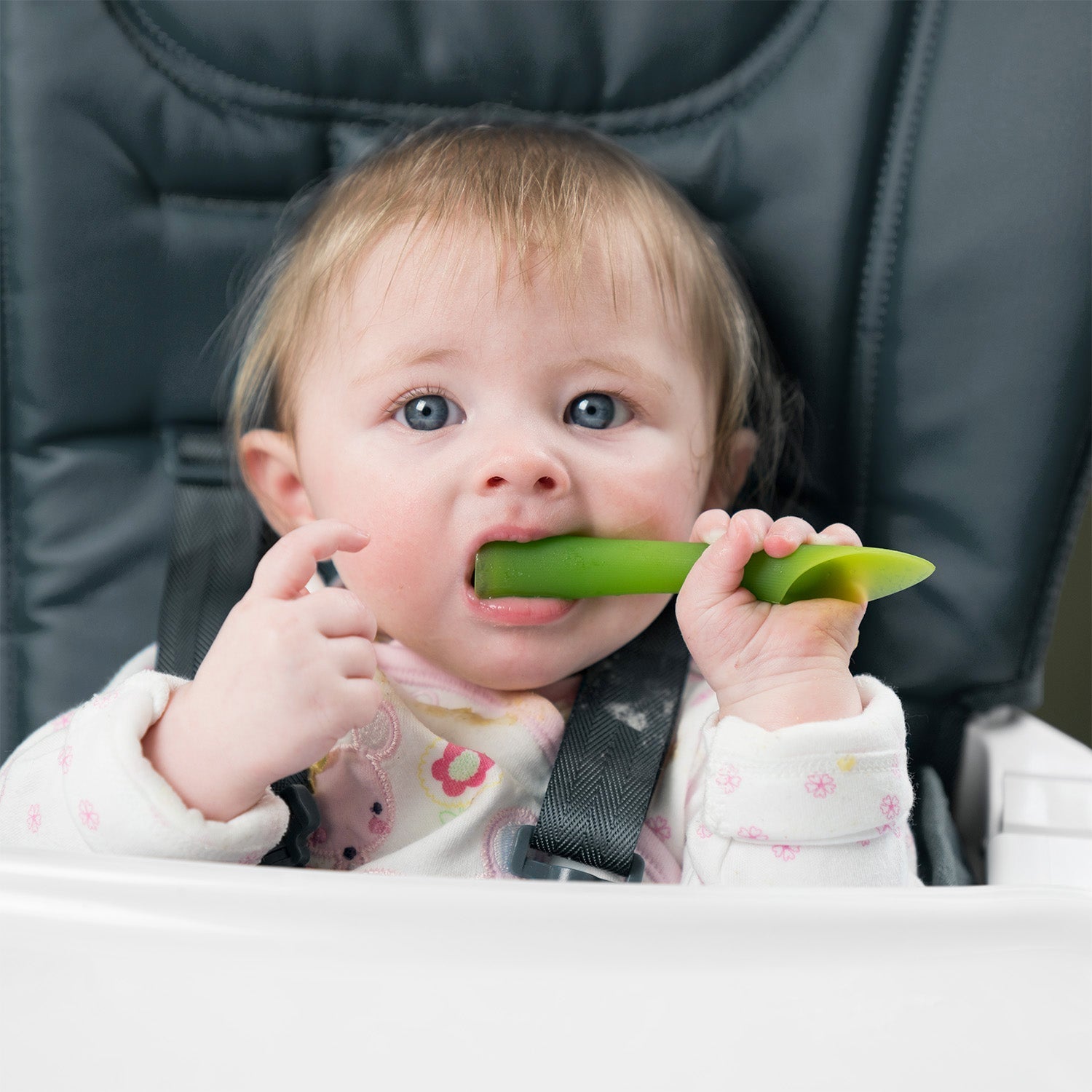Once your baby starts eating solid food, it’s extremely important to know exactly what they’re eating. We wanted to create a guide of what we believe to be the most nutritious foods for babies. Good nutrition helps with their development as well as keeping them healthy. And of course, this is by no means a list of meals your baby needs to eat daily, these are simply nutritious foods that we feel should be included in their diet. Here is our list of the 10 most nutritious foods to feed your toddler:
- Bananas: full of carbohydrates, which provide energy, as well as fiber to support a healthy digestive tract. Mash them up so they are smooth, then serve. Bananas are tasty enough to be eaten alone.
- Avocado: has the highest protein content of any fruit (yes, it is a fruit) and is rich in monounsaturated fat -- the "good" type of fat that helps prevent heart disease. Just like most soft foods they only require to be mashed then mixed with a fork. The best thing about the avocado is how universal it is, mix it with banana for an interesting, sweet, and fresh flavor.
- Yogurt: gives your baby calcium, protein, and phosphorus, which are important for healthy bones and teeth. Yogurt also has probiotics, a type of good bacteria that helps aid digestion and supports the immune system. Mix it with any berry puree, and your baby will be begging for more.
- Broccoli:a true Superfood, as it is a great source of Vitamin C and contains beta-carotene, folic acid, iron, potassium, and anticancer phytonutrients. We suggest steaming the broccoli as it is much easier to mash that way.
- Blueberries: rich in Vitamin C, they also contain beta-carotene. The blue pigment anthocyanin in the skin of the blueberries helps protect us against cancer. Blueberries have the highest antioxidant capacity of all fruits. Puree them for a natural blueberry flavor and mix with other ingredients to create unique dishes.
- Baby rice:this should be the first cereal you introduce because it does not contain gluten, a protein found in wheat, oats, barley, and rye that can cause a food allergy if introduced before 6 months. Baby rice is easily digested and has a milky taste that helps to ease your baby's transition from a purely milk-based diet to solids. It is a good thickener for runny purees like pear, peach, and plum.
- Red meat:provides the best source of iron for your baby. It is important to introduce iron-rich foods, as a baby's iron reserves inherited from his mother start to run out at 6 months.
- Prunes: or "dried plums," these humble fruits don’t sound glamorous – but they're soft, sweet, and full of fiber. Your baby may suffer from constipation when switching to solids, as it's a big change for their system. Add pureed prunes to her diet to aid digestion and keep things moving.
- Beets: are a good source of folic acid, high in potassium and beta-carotene. Since they’re a sweet veggie, babies will quickly fall in love with them. Roast or steam them until they’re super-soft; then mash them.
- Cheerios: Believe it or not, many experts love good old-fashioned Cheerios. The little O’s make for perfect finger food and are an excellent source of fiber.
Nutrition is key when it comes to your baby’s healthy development. By focusing on nutritious ingredients, you will give your baby the best chance at leading a healthy lifestyle as they develop. Starting them early, can create great eating habits later in life. Cook them yourself for fun, messy, and special bonding moments with your baby.
